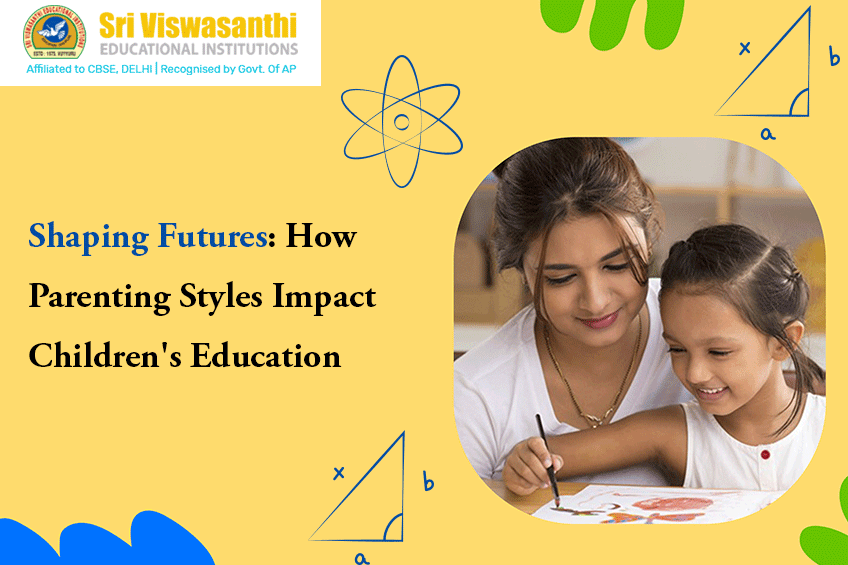

Parenting is a complex and deeply influential role, impacting every aspect of a child's life, including their education.
In this blog post, we'll delve into the various parenting styles and examine how they can profoundly influence a child's academic and personal development.
Understanding these styles can help parents make informed choices to support their child's educational journey.
Characteristics
Authoritarian parents tend to be strict, demanding, and rule-oriented. They value obedience and discipline and often set high expectations for their children.
Impact on Education
While authoritarian parenting can instill a strong work ethic and respect for authority, it may also lead to anxiety, fear of failure, and limited problem-solving skills. Children may excel academically to meet their parents' expectations but struggle with independent decision-making.
Characteristics
Permissive parents are lenient and indulgent, often avoiding strict rules and discipline. They prioritize their child's happiness and may be reluctant to set boundaries.
Impact on Education
Permissive parenting can foster creativity and independence, but it may also result in a lack of structure and accountability. Children may struggle with self-discipline, time management, and may underperform academically without clear guidance.
Characteristics
Authoritative parents are both nurturing and firm. They set clear expectations and boundaries while offering warmth and support. They encourage independence and open communication.
Impact on Education
Authoritative parenting tends to produce well-rounded students. Children raised with this style often excel academically while also developing strong problem-solving and interpersonal skills. They are more likely to view education as a meaningful pursuit rather than a mere obligation.
Characteristics
Uninvolved parents are often disengaged and neglectful. They may have little knowledge of their child's activities and may not provide emotional support or guidance.
Impact on Education
Children of uninvolved parents may face numerous challenges in education. They may struggle academically due to a lack of support and structure. Emotional well-being can also be affected, potentially leading to a sense of abandonment.
Characteristics
Helicopter parents are overly involved in their child's life, often micromanaging their activities and decisions. They aim to protect and guide their child at every turn.
Impact on Education
While helicopter parents may ensure their child's safety and academic success, they can also hinder independence and problem-solving abilities. Children may become overly reliant on their parents and struggle to cope with adversity or make independent decisions.
Parenting styles are not fixed categories but rather exist on a spectrum. Most parents exhibit a blend of different styles based on their values, circumstances, and experiences. The key is finding a balanced approach that meets the child's needs while fostering their independence and resilience.
Open Communication: Encourage open and honest communication with your child. Listen to their concerns and ideas about their education.
Set Realistic Expectations: Establish realistic academic expectations that consider your child's abilities and interests. Focus on their progress rather than perfection.
Provide Support: Offer emotional support and encouragement. Celebrate their achievements and provide comfort during setbacks.
Encourage Independence: Foster independence by allowing your child to make age-appropriate decisions and solve problems on their own.
Balance Structure and Freedom: Strike a balance between providing structure and allowing room for creativity and exploration.
Lead by Example: Demonstrate a strong work ethic and a positive attitude toward learning. Children often model their behavior on that of their parents.
Parenting styles play a pivotal role in a child's academic and personal development. While each style has its strengths and weaknesses, a balanced and flexible approach that prioritizes open communication, support, and the cultivation of independence is often the most effective.